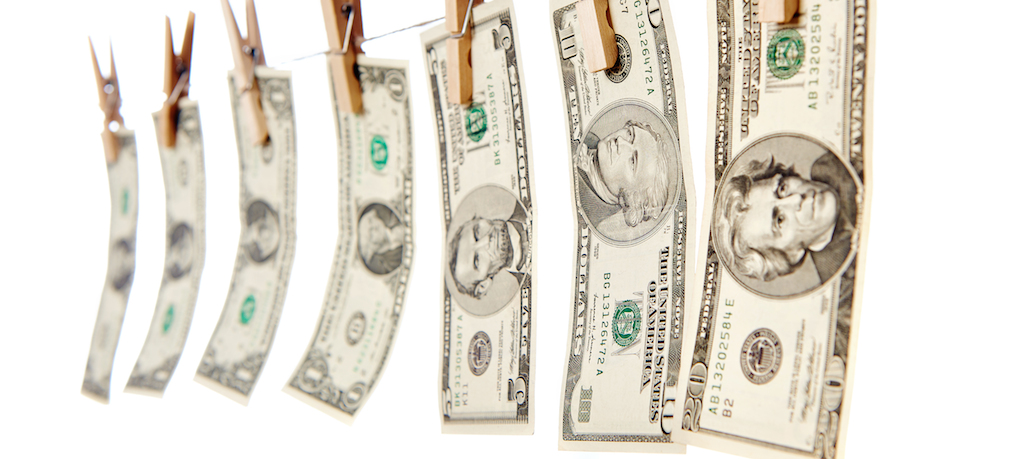The CEO of Fannie Mae offered quite an eye opener to me on the phone this morning.
For all the calls to reduce the roles Fannie Mae and Freddie Mac play in the mortgage finance world, Timothy Mayopoulos shared this point: Private capital is “unwilling to step in” to replace the government-sponsored enterprises as mortgage finance leaders in the secondary market.
While shifting some of the risk to the private markets is extremely successful, Mayopoulos feels that, for now, investors “trust the intermediary role we play."
“They trust our data. They trust the way we manage mortgage servicers. They trust the way we manage delinquencies,” Mayopoulos said.
Pointing to today’s earnings report, Mayopoulos notes that the quality of loans being produced at Fannie Mae are better than ever before.
Further, the company is not overly ambitious in its future.
“We’re not looking to gain the size of our share [of the mortgage market] for the sake of gaining the size of our share,” he said.
As for a return of the private-label securitization market, expecting a return is impractical in his eyes.
“I don’t foresee that market coming back,” he said. “Those investors got burned in a big way.”
This should concern all of us for two reasons. One, he is 100% correct.
Two, there is no safety net and the political landscape is currently unpredictable.
Fannie’s earnings even reflect this sentiment, here:
"We expect Congress to continue to consider legislation relating to the GSEs and housing finance reform in the current congressional session, including conducting hearings and considering legislation that would alter the housing finance system or the activities or operations of the GSEs."
So basically, should Congress shut down the GSEs, they would essentially shut down the whole show.
Something is bound to happen, and we've no clue as to what. We just know there is no alternative.
In the meantime, it's business as usual at Fannie Mae.
The government-sponsored enterprise recorded a comprehensive income of $936 million for the first quarter of 2016 and a positive net worth of $2.1 billion as of March 31, 2016, which the company expects will result in its paying Treasury a $919 million dividend in June 2016.
Fannie Mae paid a total of $10.3 billion in dividends to Treasury in 2015 and paid Treasury $2.9 billion in dividends in March 2016.
For periods through March 31, 2016, which doesn’t include this latest report, Fannie Mae has requested cumulative draws totaling $116.1 billion and paid $147.6 billion in dividends to Treasury.






